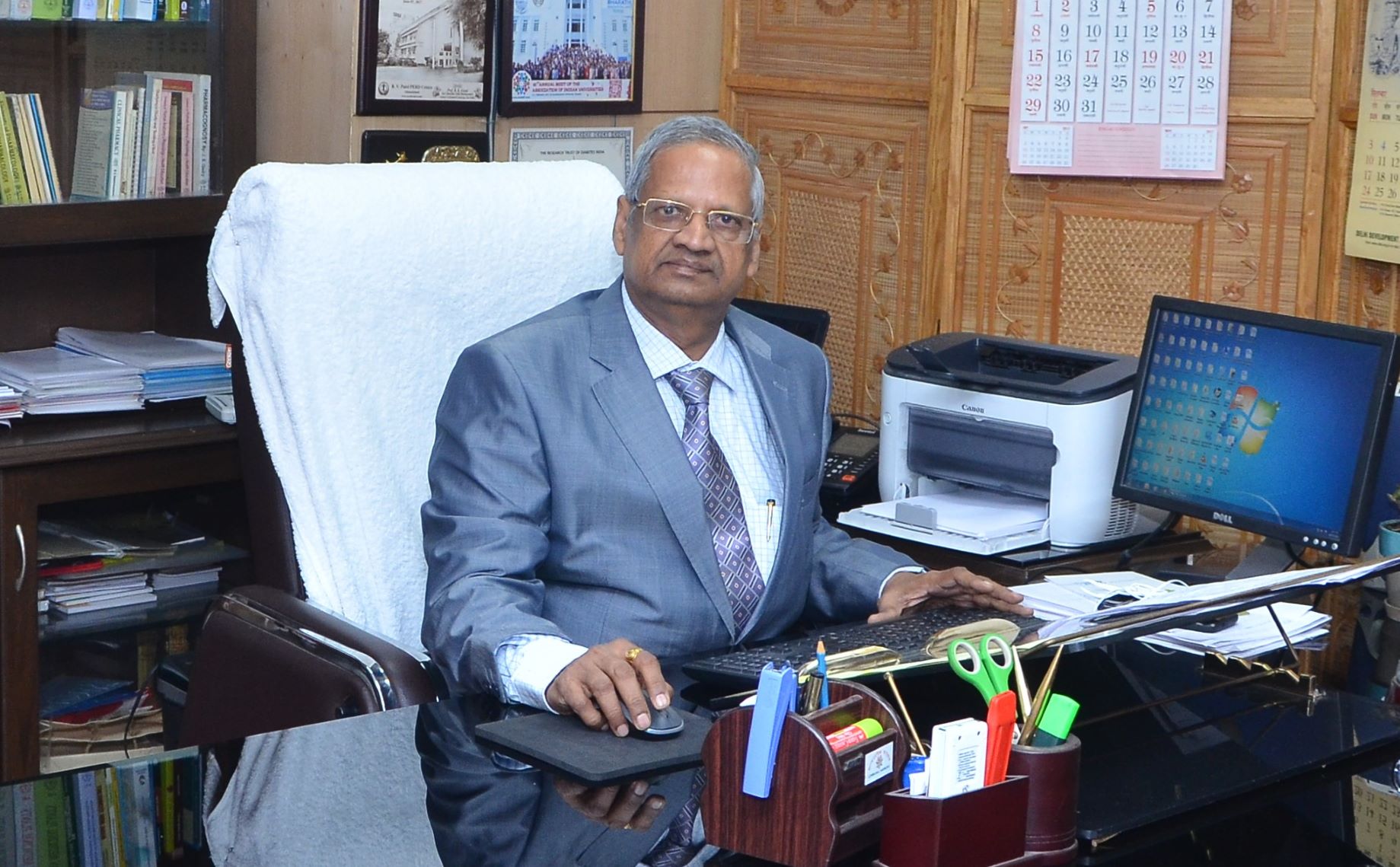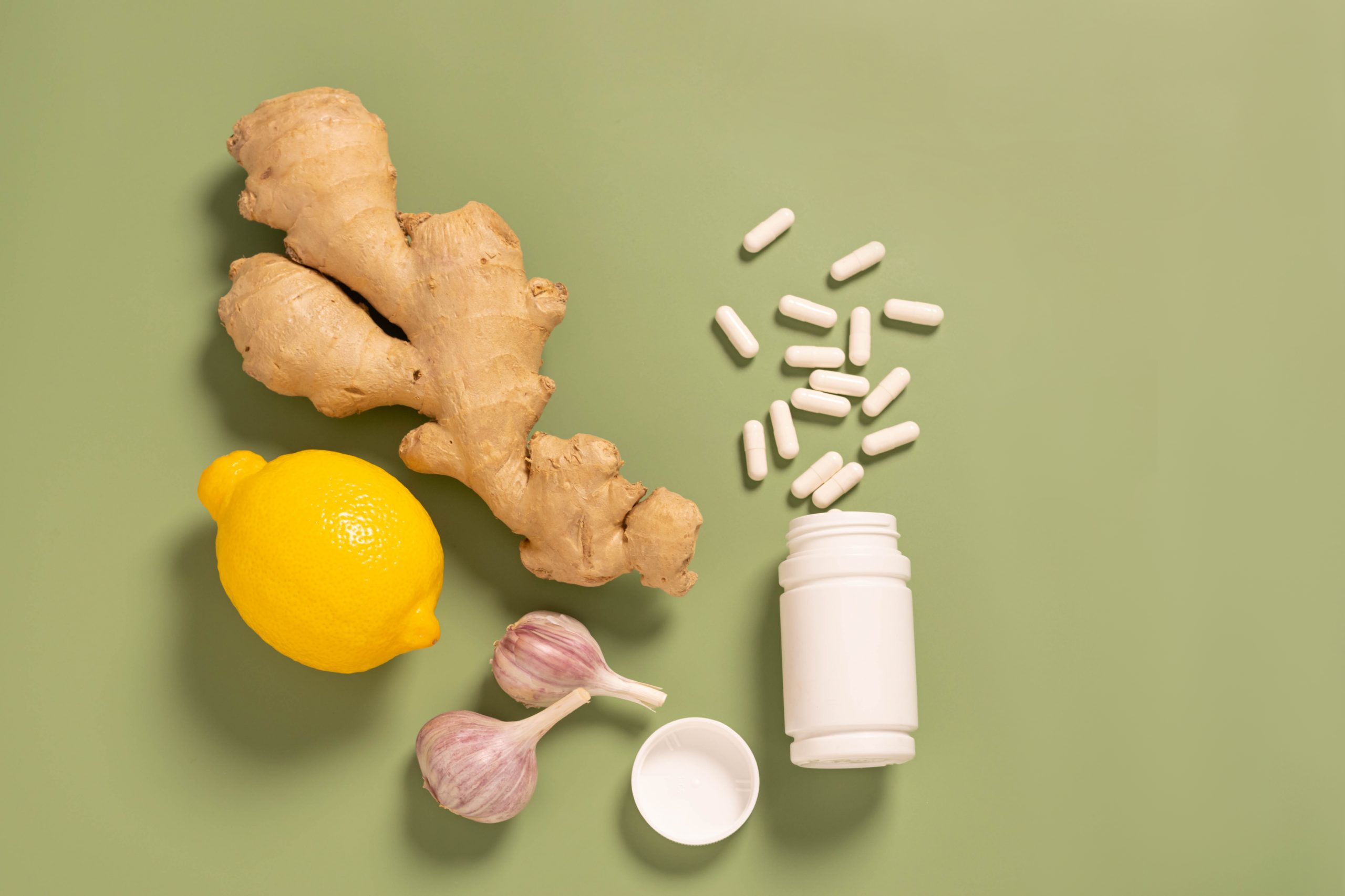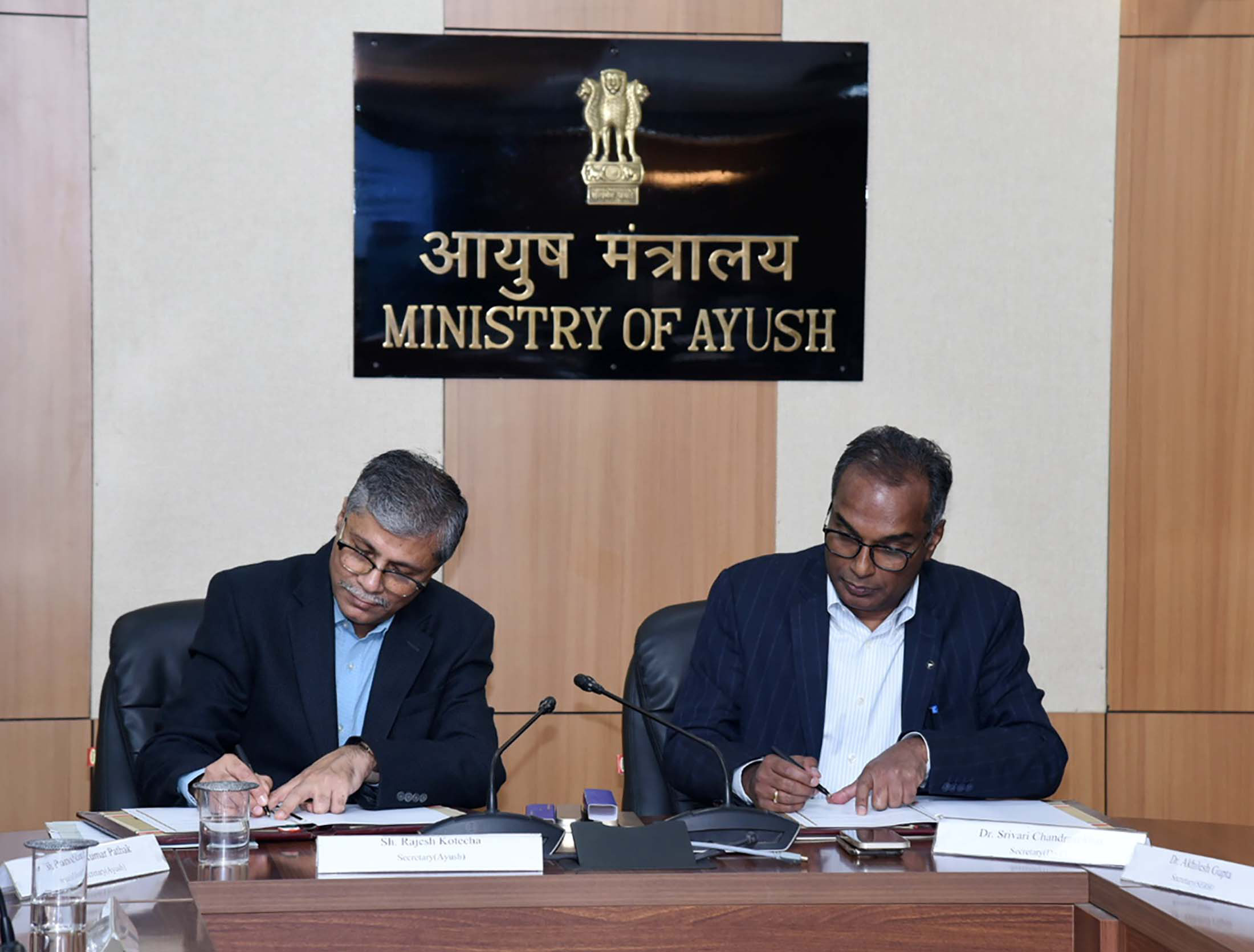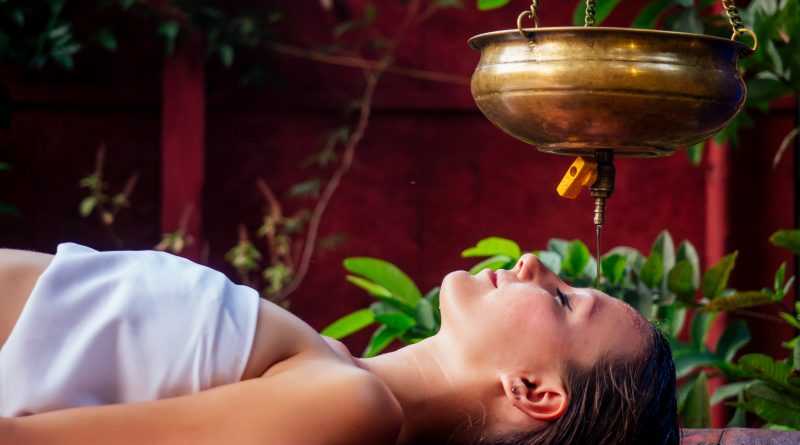Role of Traditional Medicine
 Traditional Medicine (TM) is considered as one of the mainstays of the health-care delivery system worldwide.. The World Health Organization (WHO) has reported that TM is used by at least 88% (170 of 194) of the member states across the WHO regions………
Traditional Medicine (TM) is considered as one of the mainstays of the health-care delivery system worldwide.. The World Health Organization (WHO) has reported that TM is used by at least 88% (170 of 194) of the member states across the WHO regions………
By Dr Ramesh K Goyal
This infers an upsurge in the demand for the services of TM globally. To access TM in a way that is secure, respectful, economical, and efficient, many nations worldwide are now realizing the necessity to create comprehensive, approachable systems. In this view, the WHO has farmed “WHO TM Strategy 2014–2023” for assisting health-care experts to create solutions that support a bigger picture of better health and patient autonomy..

The two main objectives of the strategy are to assist member states in trying to maximize the potential contribution of TM in health, wellness, and people-centered health care as well as to promote safety and effectiveness by regulating its goods, practices, and practitioners. It has strategized various objectives such as framing policies to integrate TM within national health-care systems, implementing national TM policies, promoting the safety, efficacy, and quality of TM by providing guidance on regulatory and quality assurance standards, and increasing the availability and affordability of TM, with special emphasis on promoting the use of appropriate TM by practitioners.. The 2030 Agenda for Sustainable Development, adopted by all United Nations Member States in 2015, provides a shared blueprint for strategies to improve health,[ and TM can play a crucial role in achieving the goal. Possibly considering all these, the WHO Global Centre for TM has been established at Jamnagar, Gujarat, as part of the WHO’s overall TM strategy with a strategic focus to optimize the contribution of TM to global health and sustainable development.

In India, Ayurveda, Yoga and Naturopathy, Unani, Siddha, Sowa-Rigpa, and Homeopathy (AYUSH) are the indigenous TM. Among these, Ayurveda is the most widely practiced system in South Asia and is popular not only in India but also in Nepal, Sri Lanka, Mauritius, Bangladesh, Pakistan, Indonesia, Malaysia, Singapore, and Maldives..
AYUSH: GLOBAL MARKET
The domestic and global demand as well for the AYUSH sector has grown in the recent past. The AYUSH industry continues to be one of the fastest growing sectors of the Indian economy, which has immensely multiplied by six times from $3 billion to $18 billion in the past 7 years.[6] In the past 7 years, the total budget allocation to the Ministry of Ayush (MoA) has increased over four times from Rs. 691 Cr to Rs. 3050 Cr. The market size of the AYUSH industry as a whole has grown by 17% during 2014–2020, with a current turnover of US$ 18.1 billion. On the global platform, there is significant growth in the AYUSH market, which at present accounts for about 2.8%, observing the enormous potential of the AYUSH sector in the world. According to the reports by IMARC (2021), the Ayurveda market is expected to grow by around 15% during 2020–2025.
 NEW INITIATIVES: MINISTRY OF AYUSH
NEW INITIATIVES: MINISTRY OF AYUSH
According to Narendra Modi, Hon’ble Prime Minister of India Today, when India is moving toward leading the fourth industrial revolution, the role of India’s science and people related to this field is very important. In such a situation, the responsibility of people in administration and policymaking increases significantly..
The MoA has been implementing a number of strategies, to promote AYUSH, both domestically and internationally. MoA has worked with the WHO on a variety of projects to promote AYUSH globally, such as creating benchmark documents for Ayurveda training and practice, adding a second module to the TM Chapter of the International Classification of Diseases‑11, creating apps such as M‑yoga, assisting with the work of the international pharmacopoeia of herbal medicine, and supporting various other research projects at a global platform.
MoA has undertaken a number of initiatives to advance AYUSH systems internationally and ensure their acceptance on a global scale, including bilateral and multilateral negotiations with various nations to begin various steps for trade facilitation, recognition of the AYUSH System, the establishment of a specific Ayush Export Promotion Council to promote the export of AYUSH goods, medicines, and services, establishing international AYUSH institutes, providing scholarships to foreign nationals to pursue AYUSH courses in India, supporting industry and hospitals for participation in international exhibitions, and the deputation of experts to various countries establishing quality standards by working with international agencies.
(The author is Vice Chancellor, Delhi Pharmaceutical Sciences & Research University, New Delhi)

